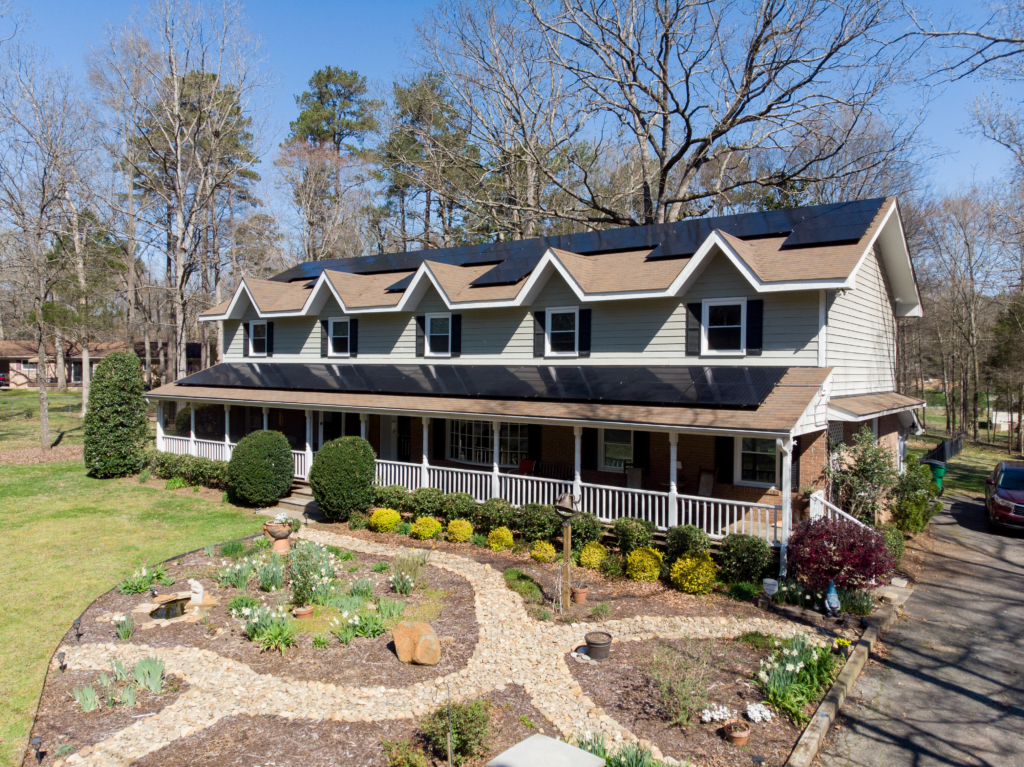How Incentives Accelerate your Solar Savings
How Incentives Accelerate your Solar Savings
Taking the initiative to own your energy has become a highly cost-effective prospect thanks to solar savings. Product prices have come down significantly since around 10 years ago and increasing rates of solar adoption have also helped reduce project costs. Potential solar customers should also know that limited-time incentives will help speed your savings:
- Federal tax credit saves qualifying members of the public 30%
- State tax credits may also apply: South Carolina’s tax credit is 25% of a system installation cost
Think about the economics of solar – and how much more worthwhile it is to go solar with at least one of these tax credits (which can be combined!) Offsetting much of your utility bill with solar allows you to avoid the impact when electric rates go up, and in the Carolinas that’s likely! Instead of paying high utility bills in the summer, and dealing with unpredictable heating costs in the winter, you can rely on your solar system to take care of most of your energy needs, leaving a tiny or zero-dollar utility bill.
Thanks to solar savings, you lock in an affordable price for your energy, plus your energy is clean and renewable. Because homes with solar have been shown to increase in value, your investment is sound. Plus, Renu Energy Solutions guarantees your energy production at the amount we estimated in the solar energy proposal we drew up for you. This is possible thanks to our advanced solar home projection software. If this sounds appealing, imagine a federal and/or state tax credit returning somewhere from 30% to 55% of your solar cost back to your pocket! This is how incentives accelerate solar savings from an already great deal.

Frequently Asked Questions About Solar for Your Home:
How exactly does going solar and a solar system itself work?
How many solar panels do I need for my home?
Roof-size/available space: When we look at the size of your roof and the space available, we gather data that tell us the maximum number of solar panels your home or site can hold and we even consider shading. We use a software “Suneye” which takes a 360 picture of your roof and we use this photo to determine if your home is a good candidate for solar.
Energy Usage: When we determine energy usage we look at your past electrical bills from over the course of a year to make sure your system isn’t too big or too small.
Your Budget: We take your budget seriously and most importantly, we want you to be satisfied with our services. We take your feedback on how much you want to spend so that we can size your system appropriately.
What is solar net-metering?
Does Duke Energy offer net-metering?
Curious about the cost of a home solar system?
Ready to Own Your Own Energy?
Speak to Us Today!
